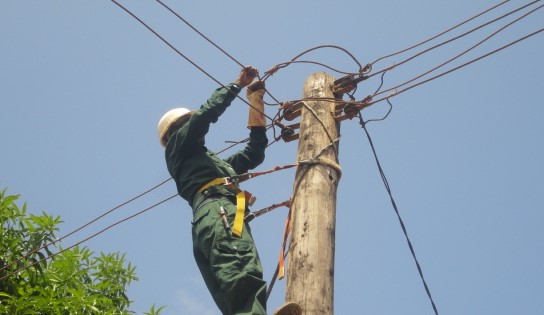Tanzanian government bans withholding of corpses over unpaid medical bills

What you need to know:
- The Deputy Minister for Health, Dr Godwin Mollel says public hospitals have been instructed to devise procedures that will enable families to settle medical bills while continuing with burial procedures
Dar es Salaam. The government has reaffirmed its stance against hospitals withholding deceased bodies due to unpaid medical bills.
The Deputy Minister for Health, Dr Godwin Mollel, reiterated the government’s stance in Parliament on Friday, May 31, when responding to a question from Segerea Member of Parliament (MP), Ms Bonnah Kamoli.
In her primary question, Ms Kamoli sought to know whether the government's earlier stance on the matter was merely political posturing.
In his reply, Dr. Mollel stated that a directive has been issued to public healthcare facilities and hospitals nationwide through Circular Number One of 2021, explicitly prohibiting the withholding of deceased bodies over unpaid medical bills.
Instead, he said public hospitals have been instructed to devise procedures to enable relatives settle medical bills while continuing with burial procedures.
"I urge regional medical officers, district medical officers, and hospital administrators at all levels to adhere to this guideline and ensure that people receive services without any hindrances that may delay the burial of deceased persons," he emphasised.
Given the ongoing trend, Ms Kamoli sought further clarification on whether the government was prepared to provide assurance that the directive would be rigorously enforced.
In her supplementary question, Ms Ritta Kabati (Special Seats MP-CCM) urged the government to waive medical bills for deceased individuals from impoverished families that cannot afford to pay to save them further anguish and distress.
"I must emphasise the importance of following the available procedures. Village chairpersons and ward executive officers should be involved in identifying those who cannot foot the bills and then qualify for exemptions," said Dr Mollel.
He emphasised that families unable to afford medical bills are obligated to secure letters from their local leaders well in advance, either before their loved ones are admitted to the hospital or during treatment in cases of emergencies requiring immediate hospitalisation.
This means, he noted, that requests for exemptions should not be sought after the patient has passed away.



